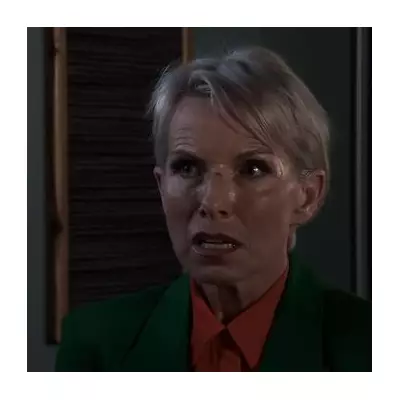
The haunting case of Ed Gein, whose gruesome crimes inspired horror classics like Psycho, The Texas Chainsaw Massacre, and The Silence of the Lambs, reveals a terrifying truth about how monstrous behaviour can be cultivated through extreme psychological abuse.
The Making of a Monster
Augusta Gein wasn't just a strict mother - she was a religious fanatic who systematically destroyed her son's psyche through relentless manipulation and isolation. According to psychological experts featured in a new documentary, her methods created the perfect conditions for Gein's descent into madness.
Augusta's control tactics included:
- Convincing Ed that all women except herself were sinful prostitutes
- Forbidding him from forming normal social relationships
- Isolating him on their remote Wisconsin farm
- Instilling extreme religious guilt and fear of eternal damnation
From Psychological Abuse to Physical Horrors
When Augusta died in 1945, Gein's fragile mental state completely shattered. Without his mother's dominating presence, he began acting on his twisted impulses, leading to a series of grave robberies and murders that would shock the nation.
Forensic psychiatrist Dr. James Gilligan explains: "What we see in Gein's case is the catastrophic result of complete psychological domination. His crimes represented a desperate attempt to recreate his mother's presence through the most horrific means imaginable."
Modern Crime Prevention Lessons
The documentary raises crucial questions about how society might identify and intervene in similar situations today. Mental health professionals emphasise that while most people with controlling parents don't become killers, extreme cases like Gein's demonstrate the importance of:
- Recognising signs of severe social isolation
- Understanding the dangers of religious extremism in child-rearing
- Implementing better community intervention systems
- Providing mental health support for vulnerable individuals
Criminologist Professor David Wilson notes: "Gein's story isn't just about understanding historical crimes - it's about preventing future ones by recognising how destructive family dynamics can create unimaginable monsters."





